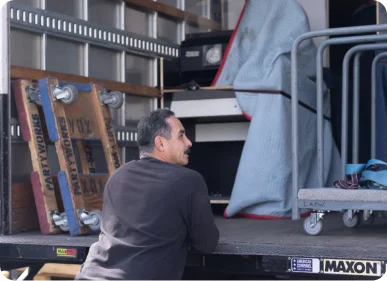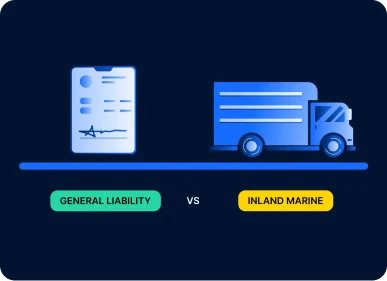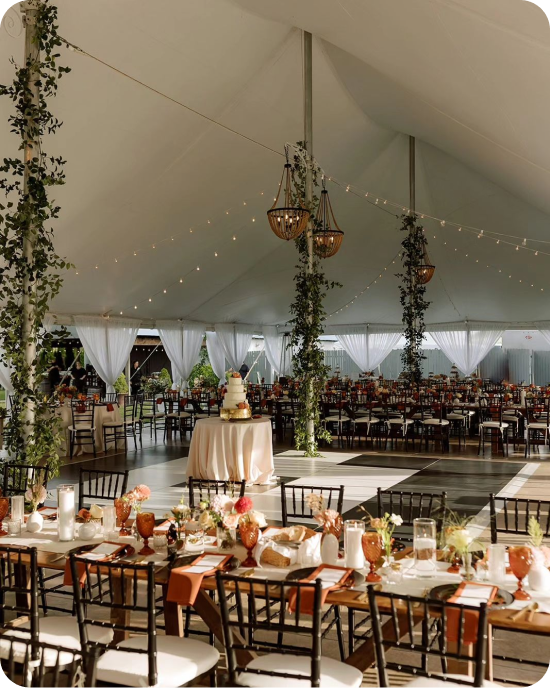The insurance blind spot that could bankrupt your event business overnight.
Hi y’all,
This week, I’m excited to introduce Dominique Cheek, one of our onboarding specialists. With over a decade in the events industry — from venue coordination to corporate catering — Dominique has seen firsthand what makes or breaks an event business. I’ll let her share why this matters now more than ever as we head into the summer event season.
See you next Monday,
Mallory Mullen
Goodshuffle
Hi hi,
My years in the events industry have been full of memorable moments, but you know what stands out most vividly in my mind? When the trend of “candles over flowers” was super popular, I watched drapes catch fire at an event. I’ve also seen uplights start smoking. An arch nearly crash into a window. A single mishap can derail even the most perfectly planned event.
Here’s what I’ve found a lot of people learn the hard way: there’s a dangerous gap in most rental businesses’ protection. Your clients’ event host insurance only covers them and their event. Your standard general liability policy often stops protecting your assets the moment they leave your hands. And that middle ground? That’s where disaster strikes.
As we enter summer, we’ll see those outdoor festivities bringing heightened risks, too — heat-related equipment failures, outdoor events vulnerable to sudden storms, and larger crowds increasing accident potential. Yet most event pros I talk with are operating with a false sense of security.
Ask yourself these three critical questions:
- If a client doesn’t tear down in time and a summer storm destroys your equipment, who pays?
- If a wedding guest gets rowdy and breaks your inventory, is your security deposit enough?
- If your items are damaged during client transport before the event even starts, does your policy cover it?
If you answered “No” or “I’m not sure” to any of these, you’ve identified a big vulnerability.
The industry standard solution has always been inland marine insurance — but it’s expensive, complicated, and comes with hefty deductibles. Plus, filing claims against your own policy means you risk rate increases or, even worse, being dropped by your carrier.
My advice? Have clear conversations with your insurance agent about these and other specific scenarios. Consider requiring clients to provide proof of event insurance that specifically covers rental items. And explore newer insurance options designed specifically for rental businesses that can bridge this dangerous gap.
For instance, when your clients purchase a policy through Goodshuffle Pro’s new Event Insurance integration, you get automatic protection — in the form of “additional insured” status and up to $10,000 worth of free inland marine coverage. (Did I mention there’s no deductible?)
The summer event season is already upon us, and the last thing I want is for disaster to strike your perfectly planned events. Don’t learn the hard way like I did.
Here’s to safety first,
Dominique Cheek
Goodshuffle









